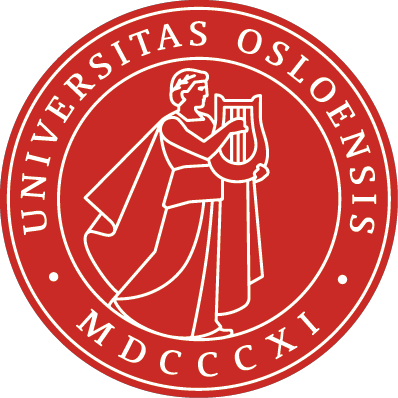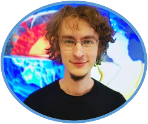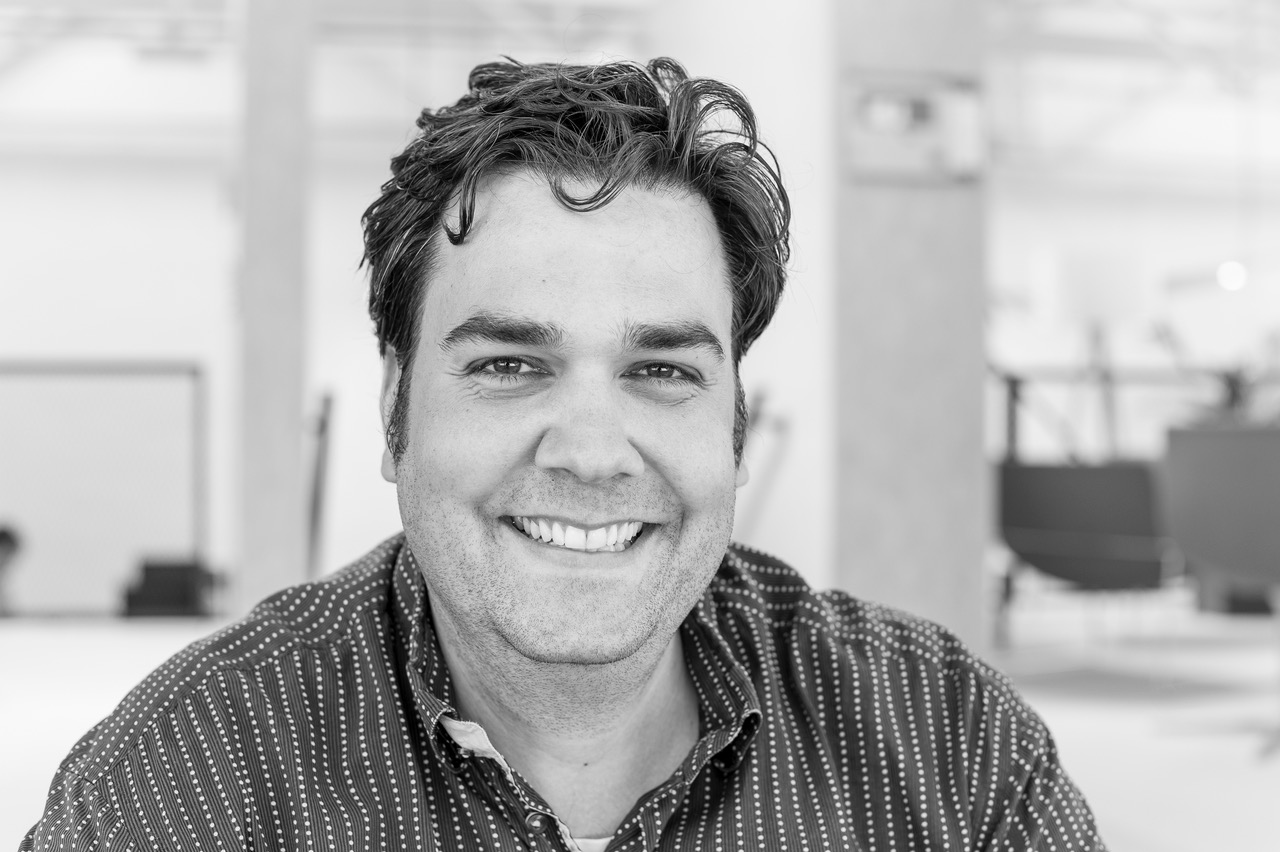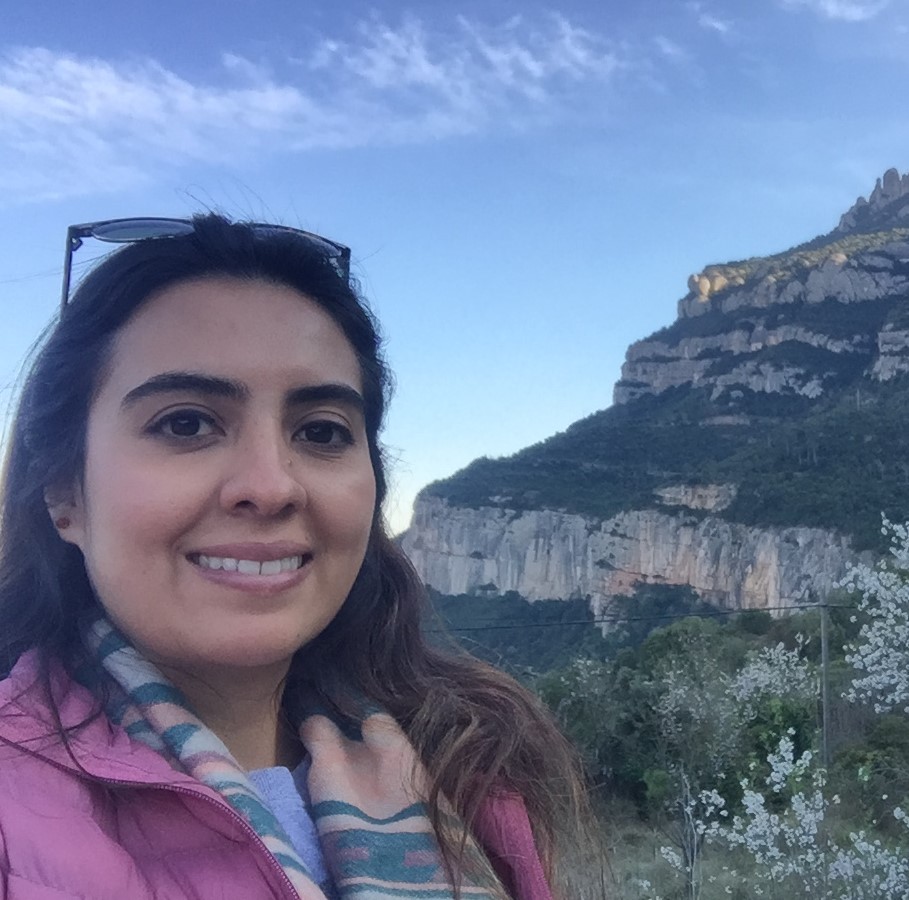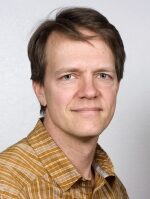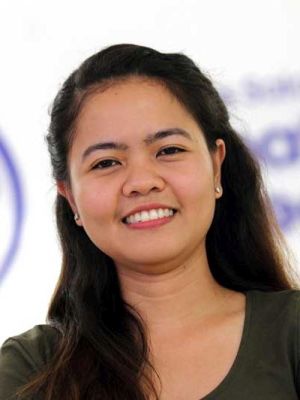Welcome to this brief introduction to the multidisciplinary community behind the 4D Dynamic Earth project. If you are interested in having more details, please click on the corresponding photo to reach the personal website of each researcher.
My main research interest is the forward and inverse modelling of large-scale electromagnetic induction in solid Earth and oceans, using observatory and low-orbit satellite geomagnetic measurements, and aimed at the determination of 3-D electrical conductivity distribution in the Earth’s mantle.

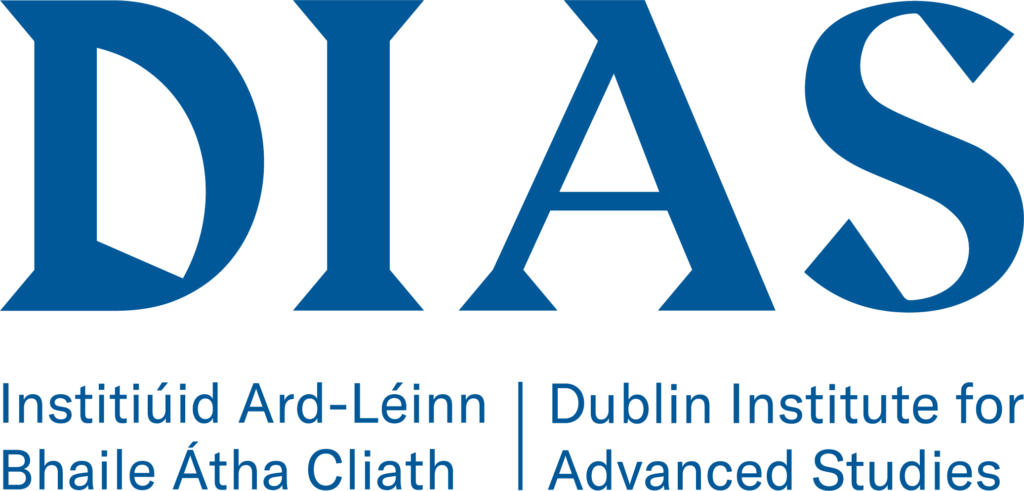

Cedric is a computational geodynamicist. His research field encompasses numerical methods, rheology and a wide variety of applications, from rifting to subduction, from faults to (exo)planets.
Additional info: https://cedrict.github.io/


My research focuses is on modelling postglacial rebound, and analyzing its signal in deformation and gravity measurements, in particular time-variable gravity measurements from GRACE. I compute 3D variation in viscosity based on flow laws and seismic models, which allows constraining mantle properties from observing different geodynamic processes.
Her main expertise is the development of 3D data integrative, lithospheric-scale models to answer questions related to geohazards, including earthquakes and marine hydrates.
The techniques she applies range from 3D gravity inversion to thermal and rheological models of the lithosphere.
Ángela is a Juan de la Cierva fellow at the Geosciences Institute of Barcelona (GEO3BCN, CSIC).

Javier Fullea has wide experience combining various Earth observables with complementary sensitivities within a rigorous thermodynamic framework to image the thermochemical structure of the lithosphere and mantle. He was co-PI in the Irish branch of ESA STSE “3D Earth” project and the main developer of WINTERC-G global thermochemical lithospheric and upper mantle model produced within 3D Earth (Fullea et al., 2021).
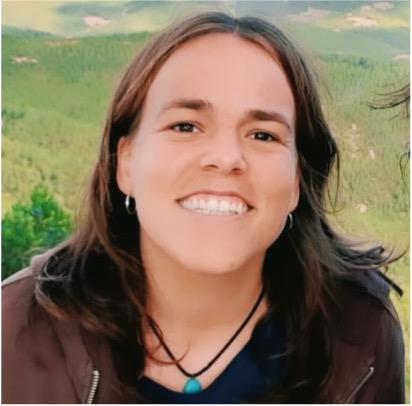
Olga is an ESA Living Planet fellow. Through the DYGIRO project, aimed at consistently integrating dynamic topography in WINTERC-G by means of joint geodynamic-geophysical inversion using a state-of-the-art numerical technique (Model Order Reduction, Reduced Basis method) allowing for very efficient resolution of large-scale
modelling problems.
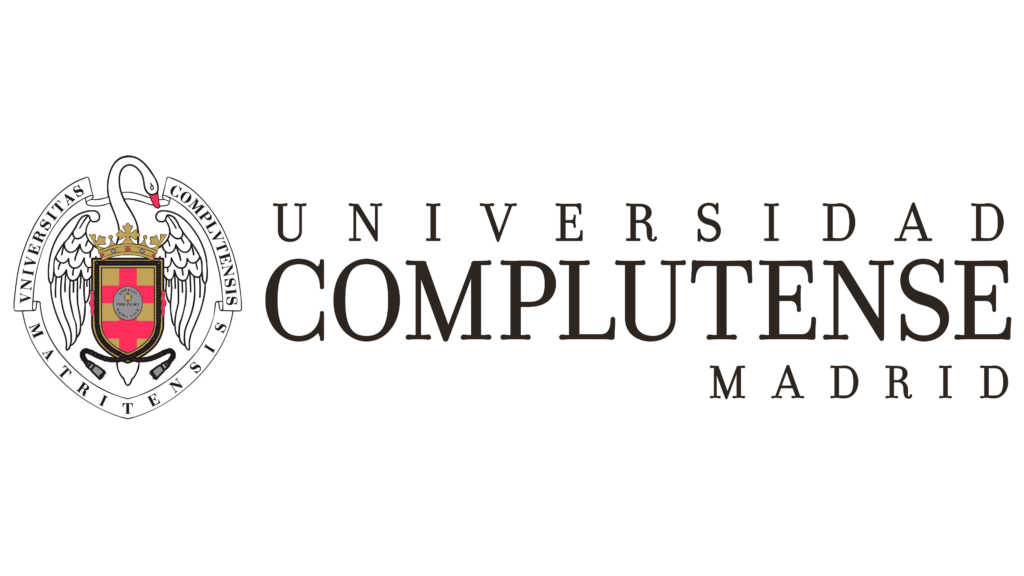
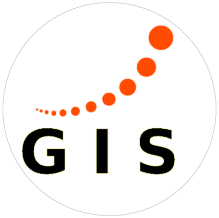
My research focuses on understanding how the present mechanical and thermal structure of the Earth has been shaped by past dynamic processes. I use a combination of complementary surface wave analysis methods, as well as computational petrology, to image the Earth’s interior at a new level of detail and uncover the mysteries of our planet.

Florence Ramirez uses her background in physics to study a variety of Earth Science problems. She has used laser spectroscopy to understand frequency transitions for carbon monoxide, estimated mantle viscosity using seismic and electromagnetic observations, and constructed geodynamic models of upper mantle flow to understand seismic observations there. She is thus an expert in combining geophysical observations with constraints from mineral physics, geochemistry, and geodynamic modelling to understand the dynamics of planet Earth.
